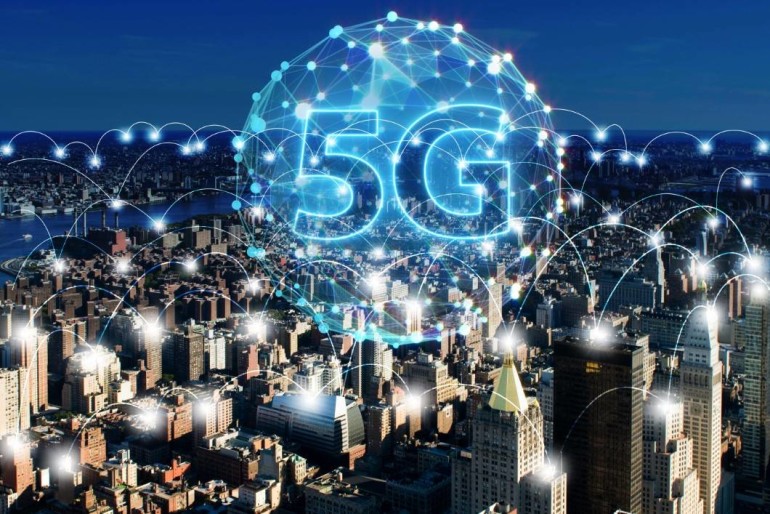Sponsored Listings:
With 5G technology, the tourism sector will become connected on every level. Whether in transportation, culture or hospitality, this new generation of the wireless network will bring many improvements and technological advancements.
Technologies are evolving at a rapid pace. They are changing the daily lives of both businesses and tourists. The implementation of 5G technology could affect the activities of several sectors in the travel industry. Although its use by the general public is only expected in a few years, this new technology raises some questions about its potential for tourism.
The term 5G implies “the fifth generation” and represents the new wireless network infrastructure. Like its predecessors, 5G technology will bring many changes in communications and data sharing. It will provide virtually ubiquitous connectivity.
This type of network has many advantages, including:
- Speed: The latency time due to poor network, for example, is considerably reduced. Data transmission will be ten times faster than 4G technology.
- Reducing wait times: The time to communicate between two devices can be up to one millisecond.
- Connection density: more devices can connect per square kilometer, about one million, compared to 2000 with 4G technology.
- Energy efficiency: The battery life of phones increases significantly since it is now the network that handles much of the data.

For some technologies used in tourism, such as virtual and augmented realities, the new network uses higher bandwidth. The reduced latency time improves the content, in addition to synchronization between the participant’s movements and the visual perception. The experience will become much more immersive. The Speed, amount of transferable data and the decrease in reaction time will also have an impact on artificial intelligence.
Information processing and the response of machines or applications using this technology will be more efficient. 5G technology also allows the large-scale deployment of things in the cyberspace/internet, as it provides an opportunity for more devices to be connected at the same time and increase the speed of exchanges.
Transport
This new generation of the wireless network will increase punctuality and security at airports, stations, etc. Passenger information will as such become more accurate and will be transmitted in time. 5G technology will have a significant impact on self-driving vehicles, which will be safer and more autonomous.
Hotel Business
The integration of technology in hotels has become essential to offer unique experiences to customers. Whether it is connected rooms, voice assistants, chatbots, etc., these establishments will be much more efficient thanks to 5G technology and the improvements it brings to artificial intelligence and the Internet of Things.
Many hotel chains are currently considering the integration of this technology to offer innovative and more personalized services.
Congresses and Meetings
The use of virtual and augmented reality during an event will be very efficient, thanks to the increase in bandwidth and the reduction of latency time. 5G technology will reduce the need for Wi-Fi, it will simplify and improve online content delivery and live interactions during conferences.
Festivals and Events
At indoor or outdoor gatherings, telephone networks will become less congested, much to the delight of participants, who will no longer have difficulty interacting and posting photos of the event on social networks.
Engaging Culture Experience
5G technology will make cultural experiences much more engaging, thanks in part to advances in virtual and augmented reality. In addition to visitor activities, this technology will bring some benefits to museums. The potential for digitization and virtual storage of cultural treasures will be developed and robotics will support the work of the curators. For example, the Hermitage Museum in St. Petersburg tested 5G technology in several ways, such as a remote-controlled robotic arm restored an art object with great precision.

With all its potential, 5G technology has the potential to stimulate the tourism industry. The traveler will also benefit in several ways. Its path will be more fluid and its access to information and content will be exponential.
The implementation of 5G technology raises some issues. It requires significant investment, as it requires new technology. Moreover, its accessibility outside major urban centers has yet to be defined, considering that the current wireless network, 4G technology, is not optimal in the regions.
In addition, data vulnerability remains a major issue. Cybersecurity will be at the heart of concerns with the arrival of 5G technology. The health consequences of its waves also provoke several debates between the scientific and technological communities.
Source: tourism-review.com










